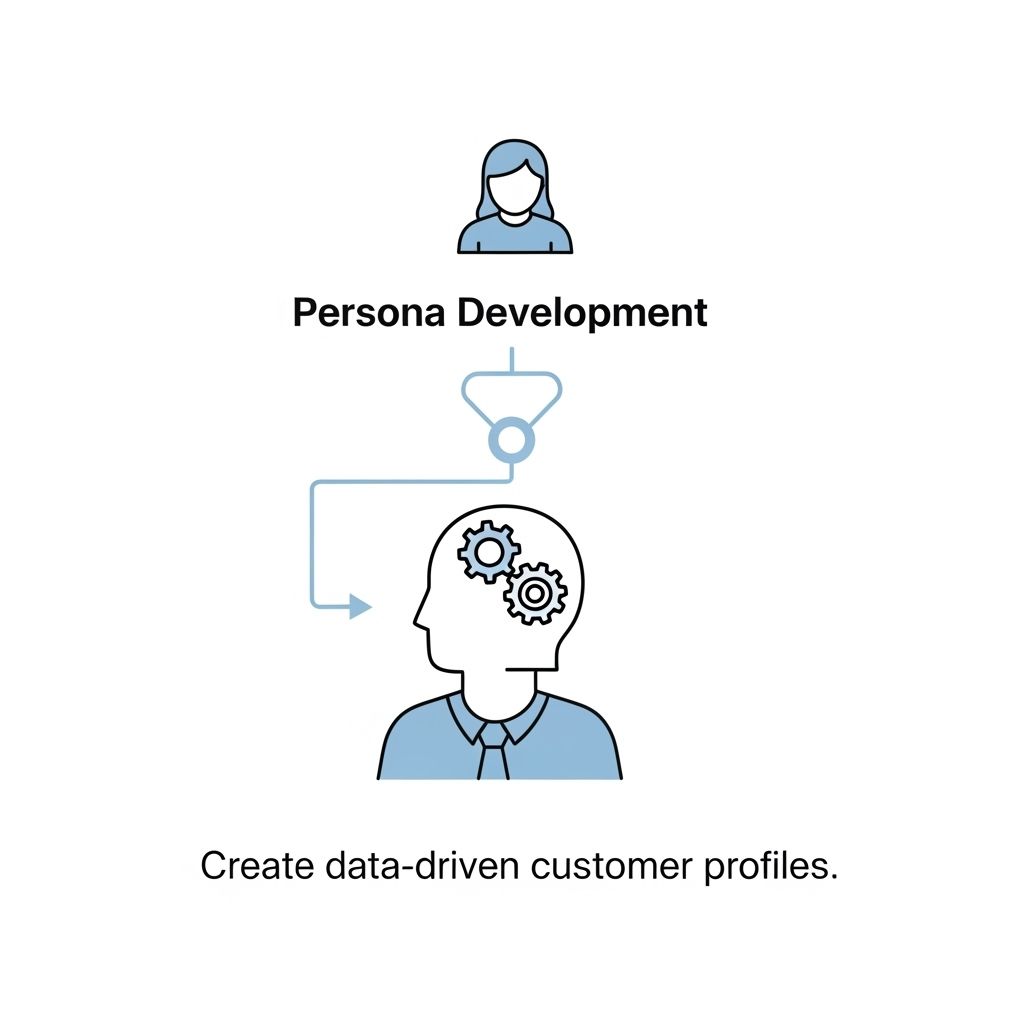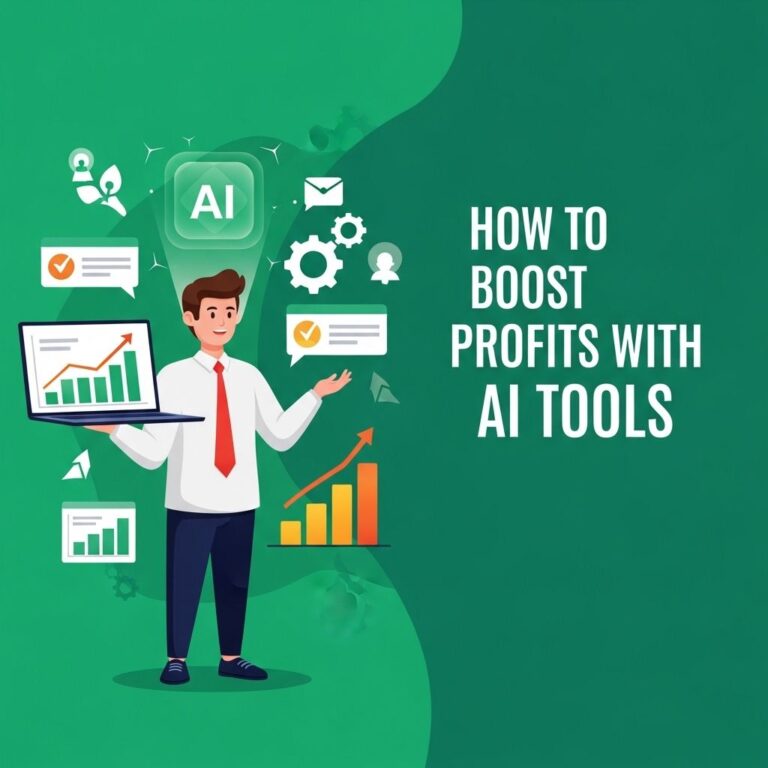In today’s fast-paced business landscape, ensuring a product meets market demands is crucial for success. The integration of artificial intelligence (AI) into market research and product development processes has begun to revolutionize how companies understand customer needs and adapt their offerings accordingly. With the ability to analyze vast amounts of data quickly and accurately, AI provides unprecedented insights that can lead to a successful market fit. This article delves into the various ways organizations can leverage AI to achieve market fit success.
Table of Contents
Understanding Market Fit
Market fit refers to the degree to which a product satisfies a strong market demand. Achieving a good market fit means that customers are not only interested in the product but are also willing to pay for it. It is a critical factor in a startup’s journey, impacting funding, growth, and overall sustainability.
The Role of AI in Achieving Market Fit
AI plays several vital roles in the process of attaining market fit:
1. Enhanced Customer Insights
AI can analyze customer behavior patterns by processing large datasets from various sources. This analysis helps businesses understand:
- Customer preferences
- Usage patterns
- Market trends
By leveraging tools such as sentiment analysis and predictive analytics, companies can gain a deeper understanding of their target audience. For instance, using AI algorithms, businesses can:
- Identify emerging trends in customer feedback.
- Segment their customer base more effectively.
- Predict future buying behaviors based on historical data.
2. Product Development and Refinement
AI tools can assist in the development of products that better align with market needs. This can be achieved by:
- Running A/B tests faster with AI algorithms to evaluate product variations.
- Utilizing machine learning to refine product features based on user feedback.
- Simulating product usage scenarios to enhance design and functionality.
Implementing AI Tools for Market Fit
To effectively use AI for market fit success, businesses can implement the following tools:
1. Data Analytics Platforms
Platforms like Google Analytics, Tableau, and Mixpanel can provide insights into customer interactions and product usage. These platforms enable:
- Tracking user engagement metrics
- Analyzing cohort data
- Visualizing trends and patterns in real time
2. AI-Powered Survey Tools
Tools such as Qualtrics and SurveyMonkey utilize AI to analyze survey responses, allowing businesses to:
- Gain insights from open-ended questions through natural language processing.
- Segment responses based on demographic or behavioral data.
- Adjust survey questions dynamically based on previous answers.
3. Customer Relationship Management (CRM) Systems
Advanced CRM systems like HubSpot and Salesforce incorporate AI functionalities that help businesses to:
- Predict lead scoring based on customer data.
- Provide personalized product recommendations.
- Automatically segment customers for targeted marketing campaigns.
Case Studies of AI in Market Fit
Several companies have successfully integrated AI into their market fit strategies:
| Company | AI Application | Outcome |
|---|---|---|
| Netflix | Recommendation Algorithms | Increased viewer retention and personalized content delivery. |
| Amazon | Predictive Analytics | Enhanced inventory management and targeted marketing strategies. |
| Spotify | Data-Driven Playlists | Improved user engagement through personalized playlists and recommendations. |
Challenges of Using AI for Market Fit
While AI offers numerous advantages, there are challenges businesses must consider:
1. Data Quality and Availability
AI models rely heavily on data. Inaccurate or incomplete data can lead to misguided insights. Ensuring data is:
- Accurate
- Consistent
- Up-to-date
2. Integration with Existing Systems
Implementing AI can be complex. Businesses need to ensure:
- Seamless integration with current workflows.
- Staff training on new tools and systems.
- Address potential resistance to change.
3. Ethical Considerations
The use of AI raises ethical questions regarding customer data privacy and algorithmic bias. Companies need to:
- Establish clear data usage policies.
- Regularly audit AI systems for fairness.
- Ensure compliance with regulations like GDPR.
Future of AI in Market Fit
The future of AI in achieving market fit looks promising. As technology continues to evolve, businesses can expect:
- More sophisticated predictive analytics.
- Greater automation in data collection and analysis.
- Enhanced personalization techniques based on AI learning capabilities.
In conclusion, the integration of AI into market fit strategies can significantly enhance understanding of customer needs and preferences. By leveraging AI tools effectively, organizations can refine their products, improve customer satisfaction, and ultimately increase their chances of success in the market.
FAQ
How can AI help in determining market fit?
AI can analyze customer data, identify trends, and provide insights into consumer behavior, helping businesses understand if their product meets market needs.
What tools can I use to leverage AI for market fit?
Tools like predictive analytics software, customer feedback analysis platforms, and AI-driven market research tools can be utilized to gather valuable insights.
Can AI assist in product development for market fit?
Yes, AI can simulate user interactions, gather feedback, and suggest improvements based on data, ensuring that the product aligns with market demands.
How does AI improve customer segmentation for market fit?
AI can analyze vast amounts of data to create detailed customer segments, allowing businesses to tailor their products and marketing strategies to specific audiences.
What role does AI play in monitoring market trends?
AI algorithms can continuously analyze industry data and social media trends, providing real-time insights that help businesses adapt and maintain market fit.
Is AI effective for testing product ideas for market fit?
Absolutely, AI can be used to run simulations and A/B tests on product variations, helping businesses evaluate which ideas resonate best with their target audience.









